Drone Thermal Imaging is a cost-effective way to assess the condition and energy efficiency of all building types. At Graham + Sibbald, we offer this service as part of our condition and energy surveys and use the findings to compile planned preventative maintenance schedules and to recommend energy saving improvements to reduce the carbon footprint of our clients’ buildings.
The use of drones provides a unique perspective and viewpoint that allows us to quickly pin-point defects in the building fabric and to highlight areas where improvements can be made. It allows clients to make informed investment decisions on the management and maintenance of their buildings, to reduce the operational cost of their building portfolio and to improve the environmental credentials of their overall business. We offer this service to a broad spectrum of clients, including leading names in the public and private sectors.
Approach
The survey is undertaken using cutting-edge drone and thermal imaging technology. Wherever possible, the survey is undertaken early in the morning so that the readings are not distorted by strong sunlight or solar gain. Buildings are normally surveyed when they have been heated, so that there is a maximum temperature differential between interior and exterior. The drone survey is relatively quick, with each flight taking between 20 and 25 minutes. For larger buildings, however, the drone may be dispatched three to four times to ensure all external areas of the building are captured. The drone surveys are normally conducted alongside an internal inspection of the building and also in conjunction with an assessment of the existing mechanical and electrical provisions. Assessing all of these factors simultaneously (and collectively), allows us to make informed decisions to support any improvements recommended in our reports.
Benefits
The drone thermal imaging service not only provides a wide-range of technical benefits (over a traditional survey), it also delivers significant cost savings as it removes the need for scaffolding or a mobile platform to gain suitable vantage points. This reduces both the time needed to plan (and undertake) a survey and also significantly reduces the level of disturbance often caused by mobile elevated platforms and scaffolding.
Outputs
The thermal imagery produced by the drone survey (i.e both stills and video) is subsequently assessed and analysed to further understand the building’s existing performance. From this we are able to gain a detailed appreciation of the thermal performance of the building’s envelope. We are able to ascertain where the building is suffering from heat loss generally, and also where defective anomalies lie (which may not be visible or noticeable to the naked eye or a typical camera lens). These might include defective skylight glazing and cavity walls that are lacking insulation.
From this analysis we can provide a variety of feedback and assistance to the client, including detailed advice on where improvements can be made (including ‘quick wins’ and more significant changes). Such improvements are likely to have a positive effect to the building’s existing EPC rating, which are becoming scrutinised year on year as we approach the carbon neutral goal by 2050. We can also deliver planned preventative maintenance schedules (for e.g. over a five-year period) that detail priority improvements and those that can be planned in over a longer term. Any recommendations we make are in-keeping with the building’s construction methods and any suggested technologies (to improve the buildings thermal efficiency) will be appropriate for the building’s use, occupancy levels and local environment.
We provide advice and guidance on the best and most environmentally sustainable M&E technologies to heat and cool a building (e.g. air-source heat pumps and photovoltaic panels). We can also offer advice on the grants that are available for improving the energy efficiency of commercial building stock and work with consultants to provide advice on issues such as investment pay-back periods.
Our Expertise
The team that undertakes the survey normally comprises the drone operator and a small number of specialised surveyors. All of these experts are highly skilled at carrying out this service. Our Building Surveying teams are all registered with the Royal Institution of Chartered Surveyors (RICS).
We work with our clients as partners and we are retained by some of the UK’s most high-profile commercial and financial sector companies. We offer the drone thermal imaging service to a broad spectrum of clients, including leading names in the public and private sectors.
Related Specialisms
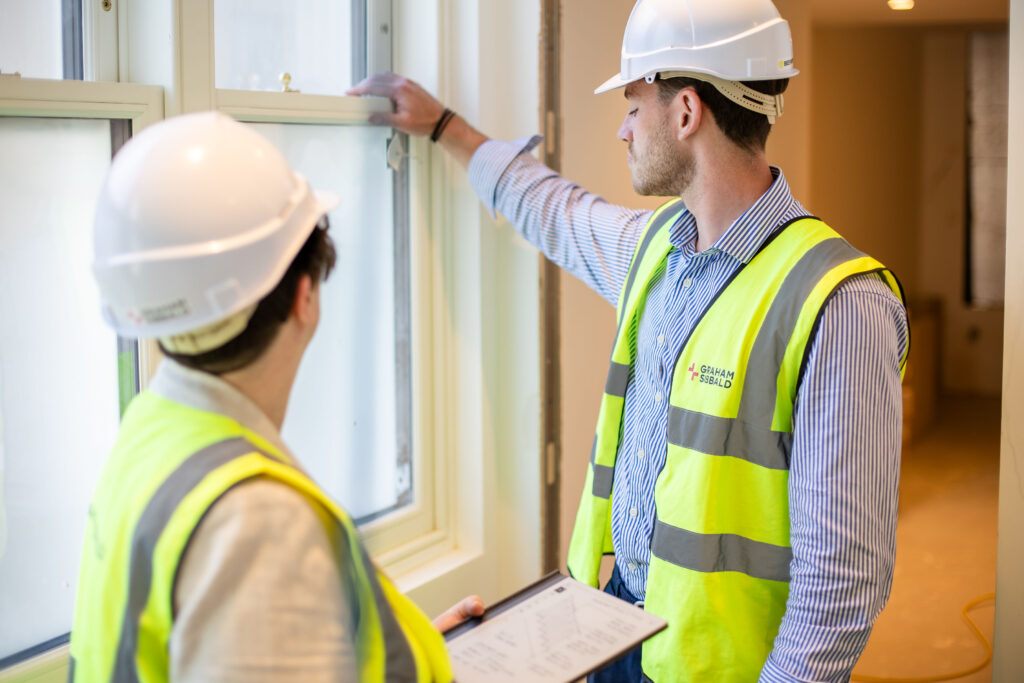
Building Surveying
If you are looking for a Building Surveying team who can help you maximise the value of your property and minimise your costs and liabilities, then we are the team to come to.
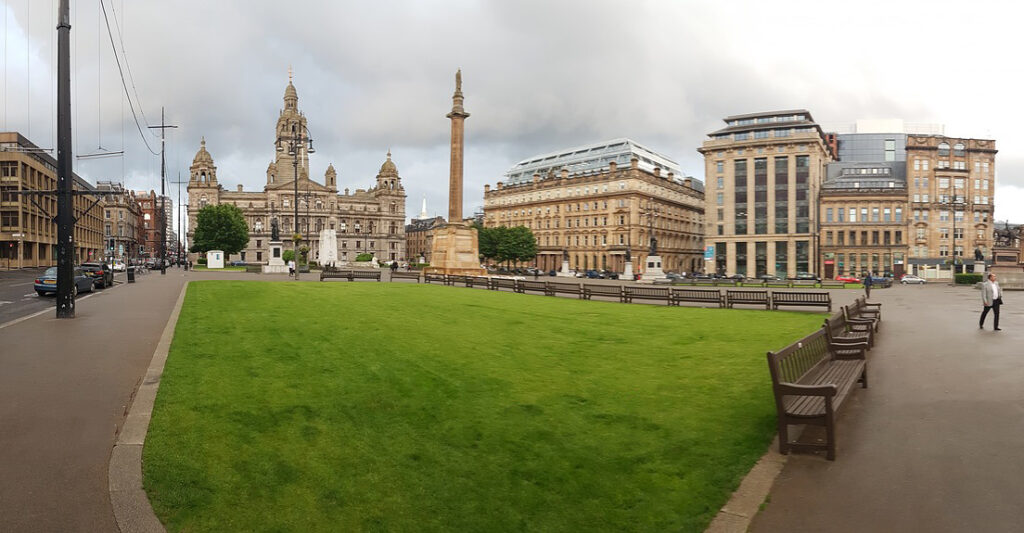
Councils
We have particular expertise providing surveying and property services to councils and other government agencies and are retained by many leading local authorities.
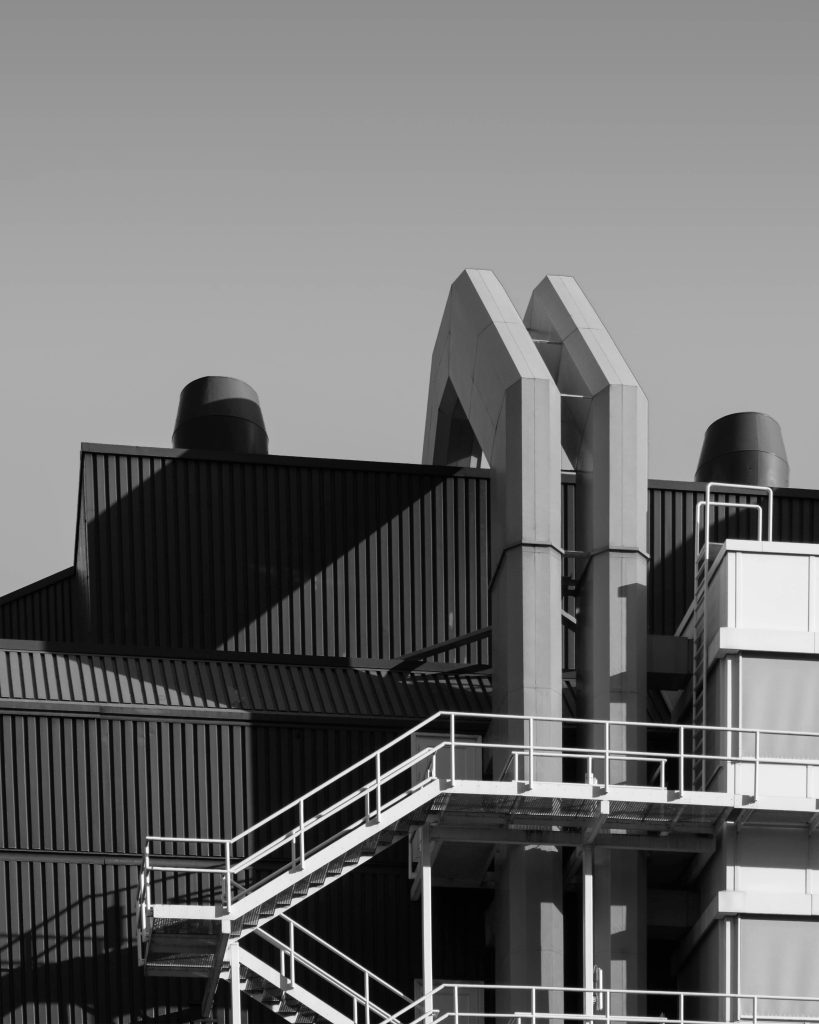
Industrial
As one of the leading property consultancy companies working in the Industrial property sector we can help you whatever your requirements.
Related Services
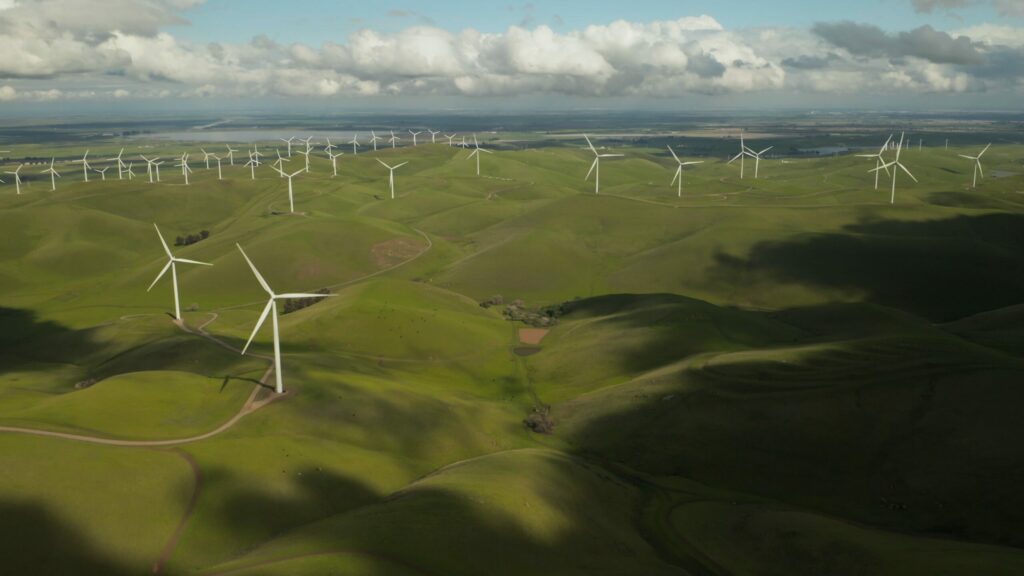
Carbon + Sustainability
If you are conscious of your businesses carbon footprint and are looking to work towards your energy and sustainability goals, speak to our team.
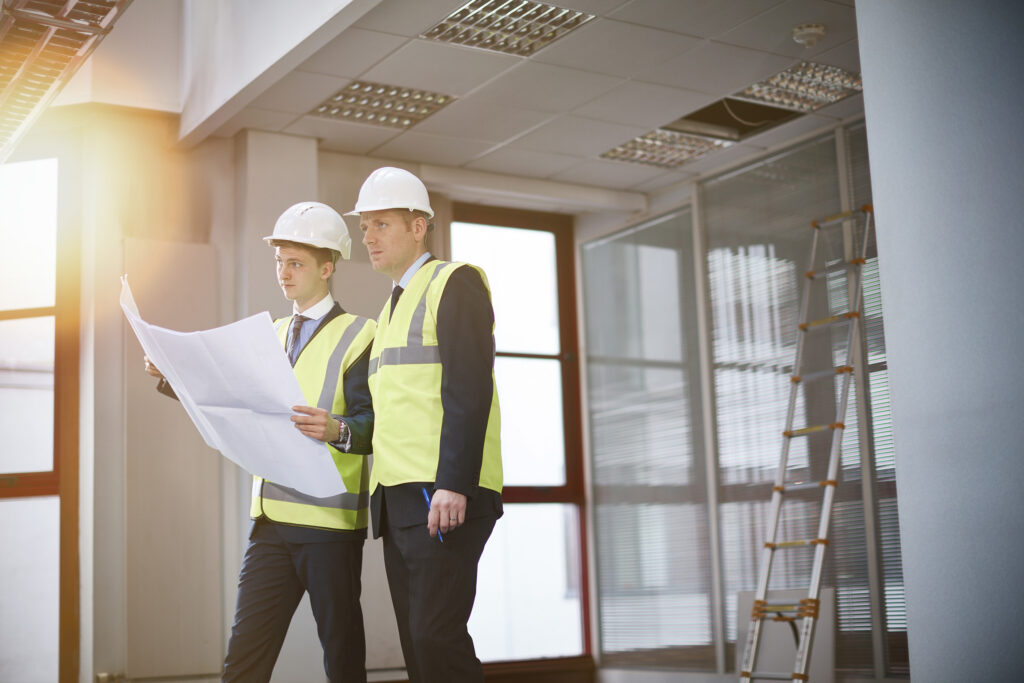
Construction EPCs
If you're looking for a fast and cost-effective Energy Performance Certificate service for a commercial property, our team is the one to contact.
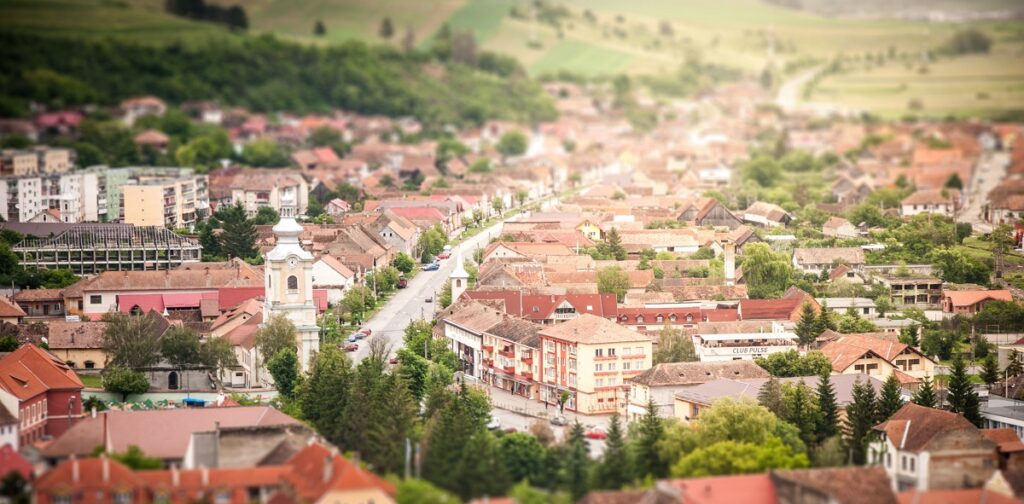
Residential EPCs
If you are looking for a fast and cost-effective Energy Performance Certificate service for a residential property, then our team is the one to contact.
Latest News
Weekly Planning Applications
Read More...
Weekly Planning Applications
Read More...
Weekly Planning Applications
Read More...




